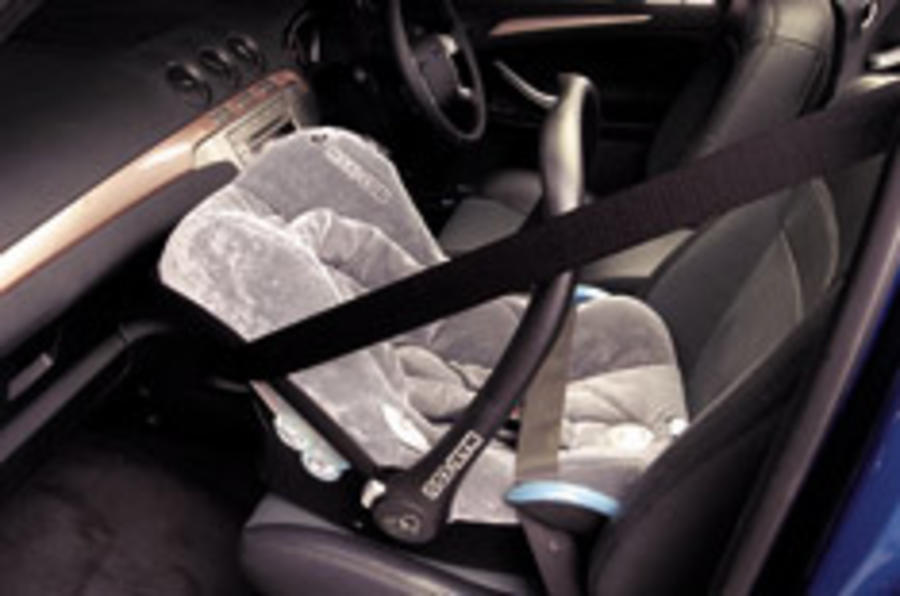New research suggests most UK parents are too quick to switch their children to front-facing car seats.
In an article in the British Medical Journal, a team of doctors say mounting evidence suggests it is safer for children to use a rear-facing seat until the age of four, and wants parents to be advised accordingly.
In the UK it is common practice to switch babies to a front-facing seat when they weigh 9kg (20lb) - around the age of eight months for an average boy.
However, the doctors also stess that this does not mean forward-facing seats are dangerous.
Dr Elizabeth Watson and Dr Michael Monteiro cite evidence from Sweden, where using a rear-facing seat up to the age of four is common practice.
There, studies have shown that children who died in accidents restrained in a forward-facing booster seat could potentially have survived if they had been travelling in rear-facing seats.
Another study used the US National Highway Traffic Safety Administration database to examine crashes involving 870 children between 1998 and 2003.
It concluded that rear-facing seats were more effective than forward-facing seats in protecting children aged 0-23 months for all crash types.
Recent crash tests have also reported that rear-facing seats resulted in significantly lower neck and chest injury measures compared with forward-facing seats.
Dr Watson said: "Rear facing car seats cradle a child in an impact with any frontal component, and align the head, neck and spine, spreading the crash forces over all of these body areas.
"In a forward facing car seat, a child's body is held back by the straps, while the head keeps moving forwards, and the relatively large head mass and differences in the cervical spine in young children can lead to excessive stretching of the spinal cord."
She also called on manufacturers and retailers to make rear-facing seats for older children more available.






Add your comment